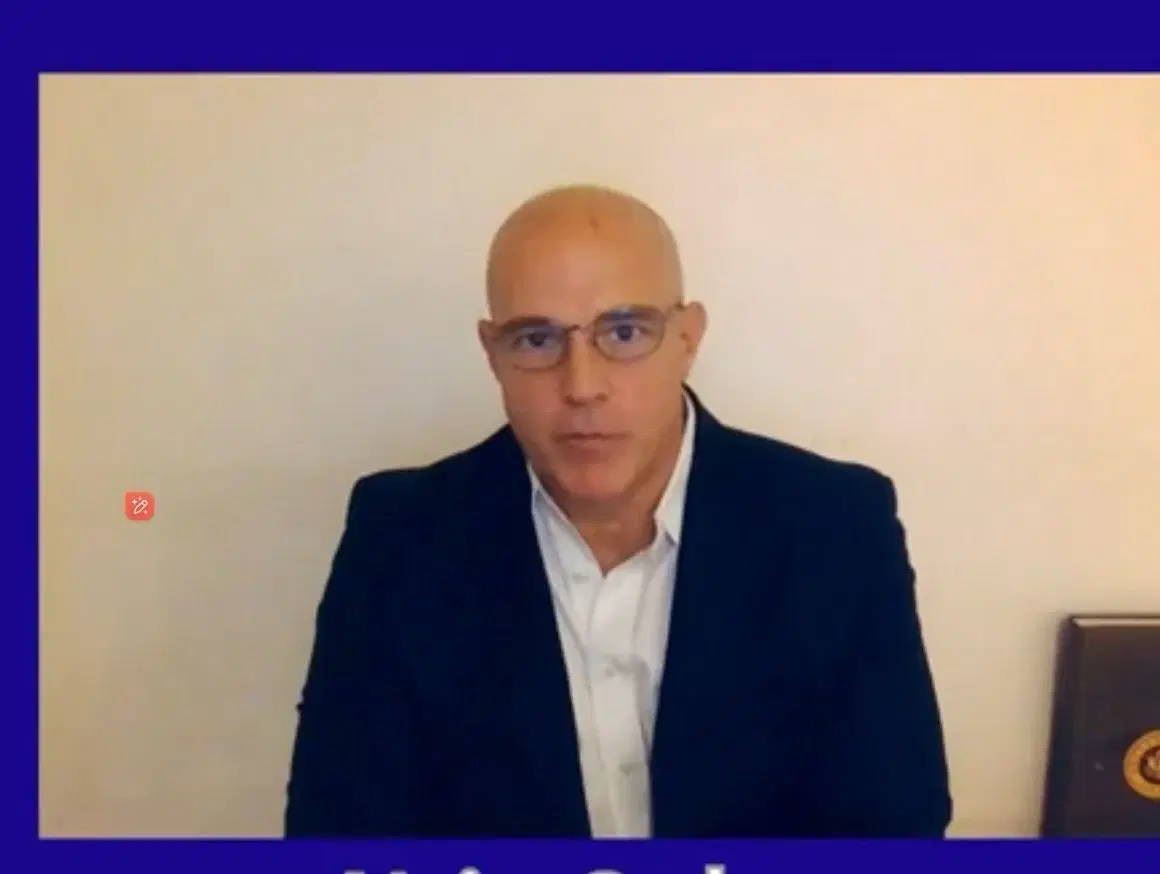

The possibility that Ukraine could stop a Russian invasion seems a distant hope given the prevailing consensus that Putin will likely continue escalating until he achieves victory, but not impossible
Video Above: Ukrainian Warfare Tactics Derail Russians
Vladimir Putin has as much as 90 percent of his military’s combat power still available to him, a reality likely unsettling for those supporting the fierce and thus far successful Ukrainian resistance.
Ukraine & Russia Military Forces
Despite the tactical success of Ukraine’s military in these first two weeks of war, and the surprising extent to which the Russian military has been ineffective in many ways, some may be inclined to think that this war is ultimately just a matter of time given the overwhelming size of Russia’s army and weapons systems when compared to Ukraine?
Regardless of whatever resistance Ukraine is able to maintain in the short term, can it hold up longer term in light of the massive size disparity between the two forces? Surprisingly, the answer may be yes.
That is likely an unanswered question, but one thing that is quite clear thus far is that a much smaller, yet motivated and well-armed Ukrainian force continues to have sustained combat success against a large conventional Army.
Can this hold up as Russia continues to escalate its effort? Should Russia simply decide to send an overwhelming number of soldiers and armored vehicles into Ukraine, would the resistance ultimately be overpowered? There are several intangibles here, such as the will of thousands of Ukrainians to fight to the death if necessary to defend their country. Russian bombardment of civilian areas may be an attempt to extinguish this will to fight, yet it does not appear to be working.
Video Above: Russian Attacks on Civilians in Russia-Ukraine War
Nonetheless, would sheer numbers ultimately prevail, should Putin continue to escalate to overcome or address his country’s military failings? Certainly when it comes to hybrid-warfare, insurgency-types of infantry tactics, such as those employed by Ukrainian forces, a much smaller force can have a disproportionately large impact against a larger mechanized Army.
This is largely due to key tactical adjustments such as using anti-armor weapons at vital intersections, bridges or narrowly configured passageways in which approaching Russian forces might be more vulnerable to attacks. Asymmetrical defenses, avoiding a linear or direct force-on-force mechanized confrontation, would include things like firing anti-tank weapons at approaching armored vehicles from a hidden location inside a building or around a corner.
The US and Western allies have sent thousands of Javelin anti-tank missiles and other assets to Ukraine in an effort to fortify these kinds of defenses. Determined, well armed and tactically astute small forces can exact a devastating impact upon a larger invading force, something which the world has already seen in Ukraine.
 Ukrainian soldiers drive on an armoured military vehicle in the outskirts of Kyiv, Ukraine, on March 5, 2022
Ukrainian soldiers drive on an armoured military vehicle in the outskirts of Kyiv, Ukraine, on March 5, 2022It is possible massive numbers of new Russian troops would likely encounter similar difficulties when it comes to invading Ukrainian cities. How many Russian lives would ultimately be sacrificed in order to achieve victory? What would invading forces ultimately do if every Ukrainian citizen simply refused to succumb to Russian rule and chose instead to fight to the death? Would Russia kill almost the entire population?
Perhaps the iron clad resolve of the Ukrainian people could ultimately stop a Russian invasion? This possibility, while likely a welcome thought to supporters of Ukraine, may seem like a distant hope given the prevailing consensus that Putin will likely continue to escalate until he achieves what he considers victory to be.
Kris Osborn is the defense editor for the National Interest and President of Warrior Maven - the Center for Military Modernization. Osborn previously served at the Pentagon as a Highly Qualified Expert with the Office of the Assistant Secretary of the Army—Acquisition, Logistics & Technology. Osborn has also worked as an anchor and on-air military specialist at national TV networks. He has appeared as a guest military expert on Fox News, MSNBC, The Military Channel, and The History Channel. He also has a Masters Degree in Comparative Literature from Columbia University.
 Kris Osborn, Warrior Maven President, Center for Military Modernization
Kris Osborn, Warrior Maven President, Center for Military Modernization

